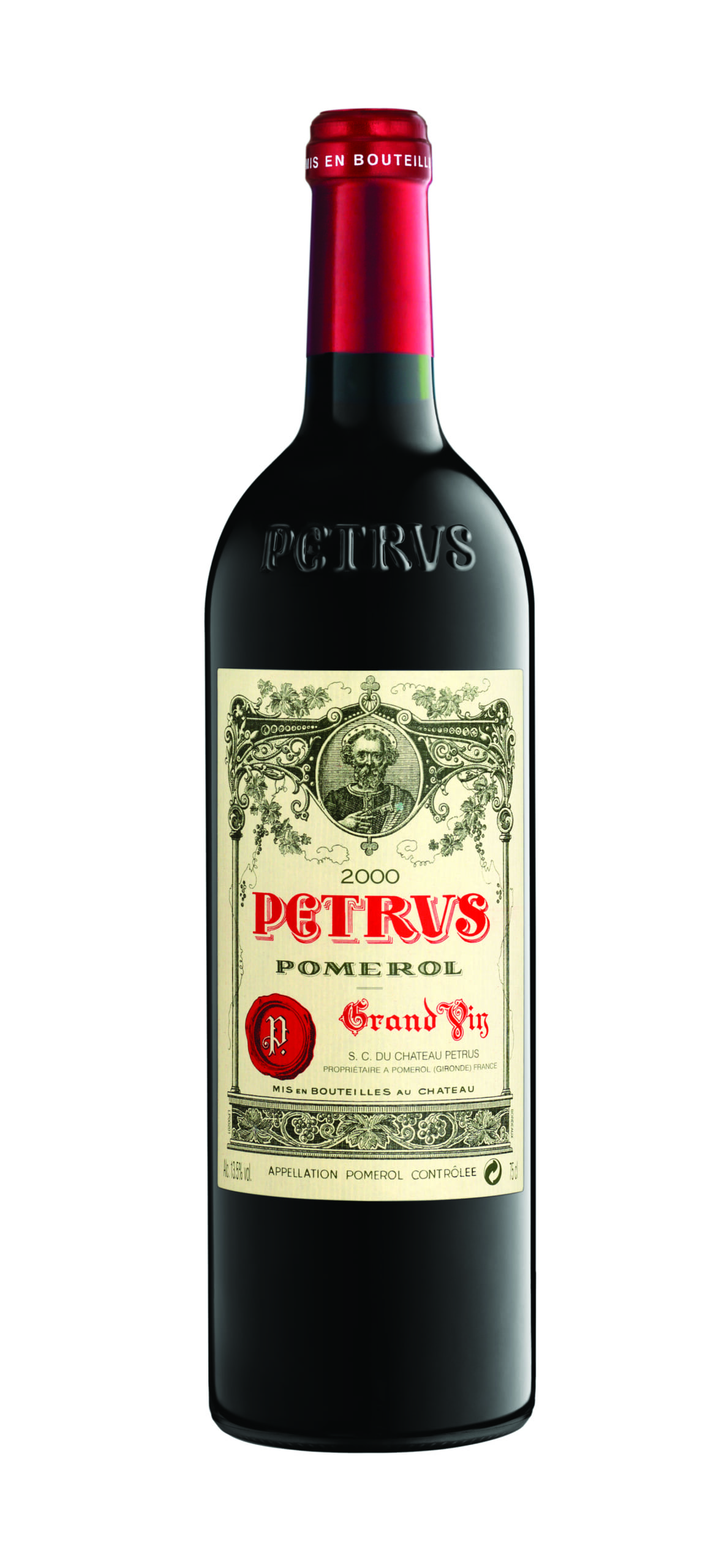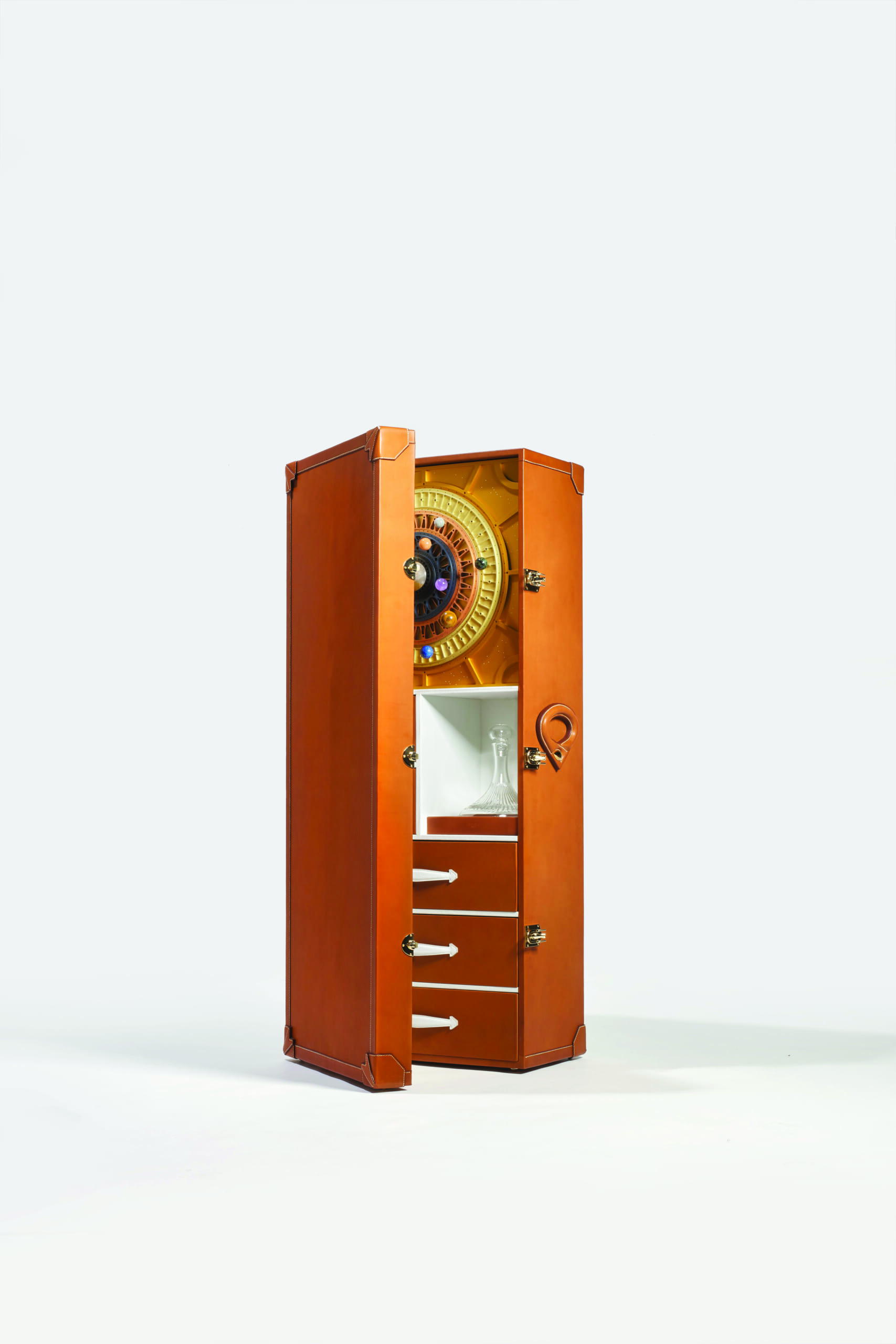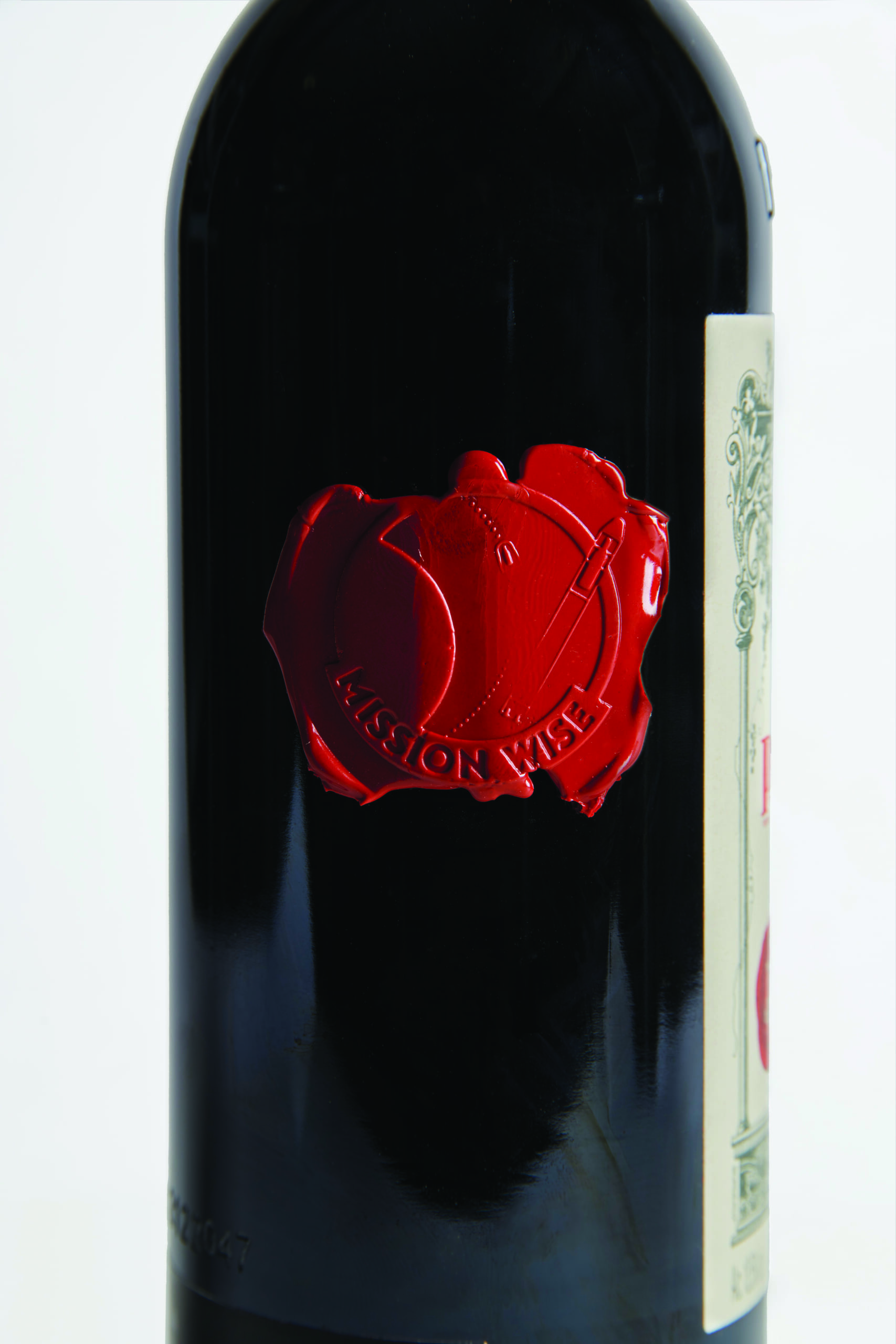This Incredibly Fine Wine Spent 400 Days Orbiting the Earth in Space
It’s one of only 12 bottles that Space Cargo Unlimited sent to the International Space Station.

Christie’s auction house is now offering the chance to boldly go where no oenophile has gone before—in the form of a bottle of Petrus from outer space. The bottle of Petrus 2000 spent 14 months in orbit as part of a privately-funded research study on food and agriculture.
The expected cost to own it, per Christie’s private sales division: a cool $1 million. Which is of course down to its extreme rarity, but also its bespoke presentation trunk, made by Les Ateliers Victor in collaboration with Cyril Kongo in Paris, complete with a cork screw made from a meteorite that fell to Earth—as well as a bottle of Petrus 2000 which wasn’t aged in space, for the sake of comparison.
This is one of only 12 bottles that Space Cargo Unlimited sent to the International Space Station (ISS) in November of 2019. It returned unharmed after more than 400 days in space, having traveled around 186 million miles in zero gravity. The bragging rights alone are perhaps worth even more. Only a handful of people have ever tasted space-aged Bordeaux, and lived to tell the tale. Just imagine adding that to your roster of lunch stories for your cronies: there is almost no doubt it can’t be beat.
Of course even the bottle which hasn’t been in orbit is pretty exceptional, hailing from the same little 11.3-hectare plot of revered blue-clay soil on the mythical Petrus estate. Widely considered the best wine in the Pomerol appellation since at least 1886, you can find it on the carte des vins in most properly fancy restaurants—and you may well see it priced at many thousands of dollars a bottle, regardless of age or provenance, as it consistently ranks amongst the most expensive wine in the world.

The distinctive Petrus label designed in 1937 by Monsieur Roganeau, the Director of the Fine Arts School in Bordeaux, stands out as a colorful reminder that characters with passion often beget fantastic wine. In the case of Petrus, Madame Marie-Louise Loubat, who single-mindedly consolidated the ownership of this small plot of rural Bordeaux farmland in the early 20th century into what is Petrus today.
She did this while equipped with only her hat, gloves, and charm, plus an unshakeable belief that this plot would one day make some of the finest wines in the world. She was right. But little did she know it would also make some of the finest wines out of this world too.
Some things are knowable, and learnable. Multiplication tables for instance. Or chess move permutations. But the real magic lies in the enigmatic. The things that no matter how hard you work, or how much you apply yourself, you can never quite conquer. Wine is one of these things. And an experience like no other. Unique for each of us, it depends upon how blessed or burdened we are by our quota of taste buds, nerve endings, and processing power for all things olfactory and sensory.
It also depends, like much of the rest of life, on acquiring a library of experiences against which to recognize and catalogue aromas, tastes, mouth feels, and all sorts of other information you become privy to with the first sniff, and the first sip of any wine.

This is why you will see seasoned wine connoisseurs swirl a glass presented to them before they inhale deeply of its aromas first, before taking a small sip to swish back and forth over their taste buds, sometimes noisily, with the addition of sips of air to “open up” the wine, allowing all the flavors and aromas to be experienced before swallowing.
We like to think those paying for the pleasure of exceptional wines worthy of this process are not merely substituting for Steel Reserve, Thunderbird, or Mike’s Hard Lemonade. So in a world where any Tom, Dick or Harry with loot can acquire the keys to the tasting castle of almost any wine, no matter how revered, rarity has a particular value. After all, at a certain point, much that is luxury merely becomes a contest of social standing. And if you are sipping space wine you will probably win.
The closest analogy to space Petrus in recent memory is perhaps the infamous “Jefferson” wines. Also sold at Christie’s and purported to be from the collection of Thomas Jefferson, acquired while he was the American Ambassador to France in the late 19th Century.
No one had ever tasted such old wines from such revered houses; and so the prices achieved were as spectacular as the provenance attributed to them. They remain embroiled in a whirlwind of speculation, as litigation ensued as to their true origins, but for a time this “billionaire’s vinegar” was the most revered wine to own on planet Earth.
Now supplanted, it seems, by the Petrus from Space. If you’re the lucky buyer, we urge you to uncork it, and be generous. As this has all the makings of a legendary luncheon to which I may even accept an invite.
